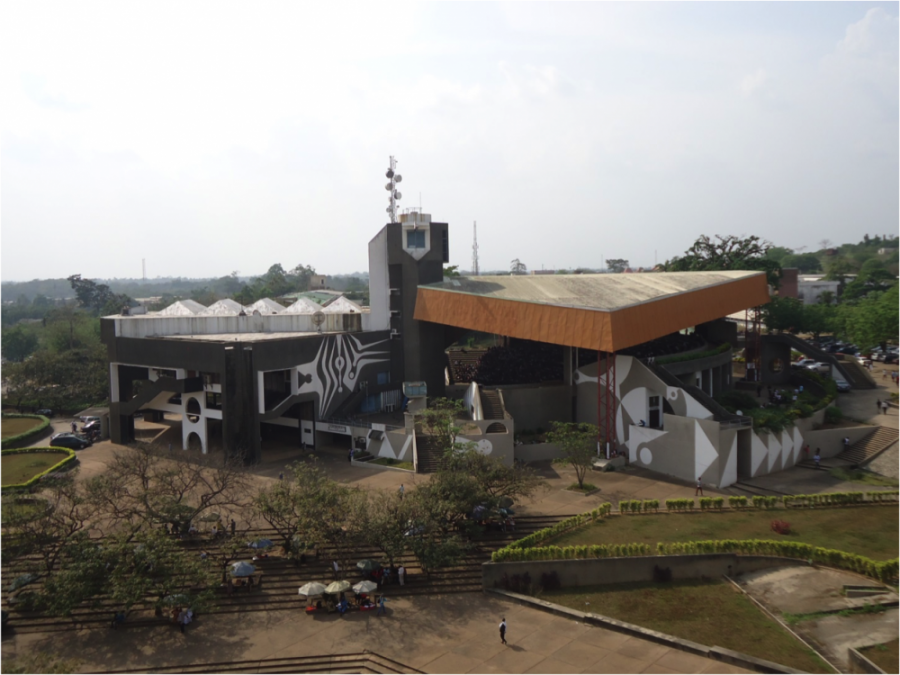Nigeria will soon have it’s first interior design program, due to a partnership between the University of Minnesota and a Nigerian university.
The University has partnered with Obafemi Awolowo University located in Ile-Ife, Osun, Nigeria. Abimbola Asojo, a professor in the College of Design, has known professors Dolapo Amole and Babatunde Jaiyeoba at the Nigerian university for decades and was a student there. Through this connection, Asojo encouraged the professors to make their own program in Nigeria. The graduate interior design program’s courses will be available in September.
“With this program, students have the opportunity to specialize and focus on interior design, something that previously wasn’t available to them,” said Asojo, who is the associate dean for research, creative scholarship and engagement at the College of Design.
The program’s courses will be online, so students in other neighboring African countries can also participate. However, students will meet face-to-face for two days of class once per month.
Asojo said the lack of interior design programs is not exclusive to Nigeria, with most African countries also experiencing the same shortfall.
The program took two years of planning to be completed and is a three-semester-long program.
“The need arises because in the construction market, there are very few professionals. And the industry needs them. Many architecture firms would gladly employ interior design professionals because they want to offer interior design services to their clients as part of a complete package,” Amole said in an email sent to the Minnesota Daily.
Interior design is a field that is in high demand, and with no available interior design programs, students often studied study overseas to get the education they required, which not all students can afford, Amole said.
“The building industry is thriving in Nigeria and there’s a need for interior designers to shape and design their interiors to benefit the health and well-being of people,” Asojo said.
The new program was given travel funding by a University Global Programs and Strategy Alliance grant. The grant allowed Asojo to travel to Nigeria in summer 2016, and the two Nigerian professors to visit the University in fall 2016 to plan the program.
“Nigerian faculty were able to attend [a University class], co-lecture on Nigerian culture, and provide the [University] students with feedback on their design projects. This opportunity also helped Professor Asojo discuss the nuances with her Nigerian colleagues of how her students can work on real-life design projects for Nigerian clients and receive feedback on their projects virtually from Nigerian faculty and their students,” said Yuliya Kartoshkina, an education program specialist at GPS Alliance, in an email.
One of the initiatives that Kartoshkina coordinates is the Internationalizing Teaching and Learning Program. The program is designed for faculty in different disciplines across all five University campuses who are interested in improving their students’ international and intercultural learning. GPS Alliance heard of Asojo’s work and ambitions when Asojo took part in the program during the 2011-2012 academic year and chose to work on one of her design undergraduate courses.
“This should lead to even more collaborative projects between the Nigerian and [University] students and provide all of them with opportunities to learn about the cultural nuances in interior design and strengthen their intercultural skills,” Kartoshkina said.







